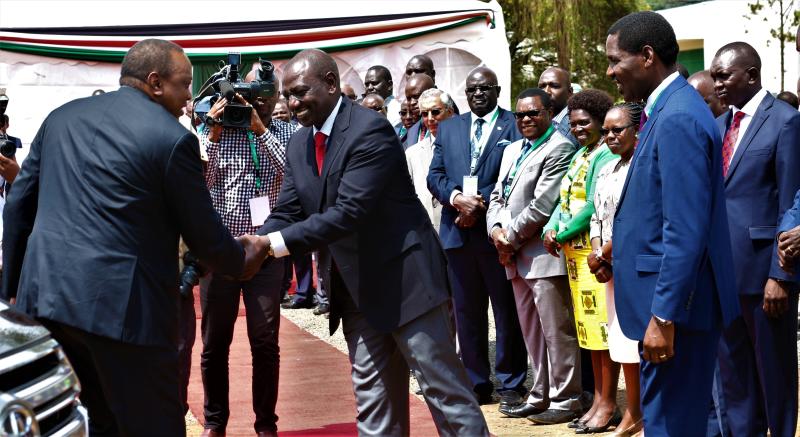×
The Standard e-Paper
Join Thousands Daily

Eldoret-based textile manufacturer Rift Valley Textiles (Rivatex) has undergone a major facelift, opening up new opportunities for cotton farmers.
Rivatex has also diversified its operations and has opened a Digital Assembly Plant with capacity to produce laptops, tablets, electric metres, smartphones and other digital devices.